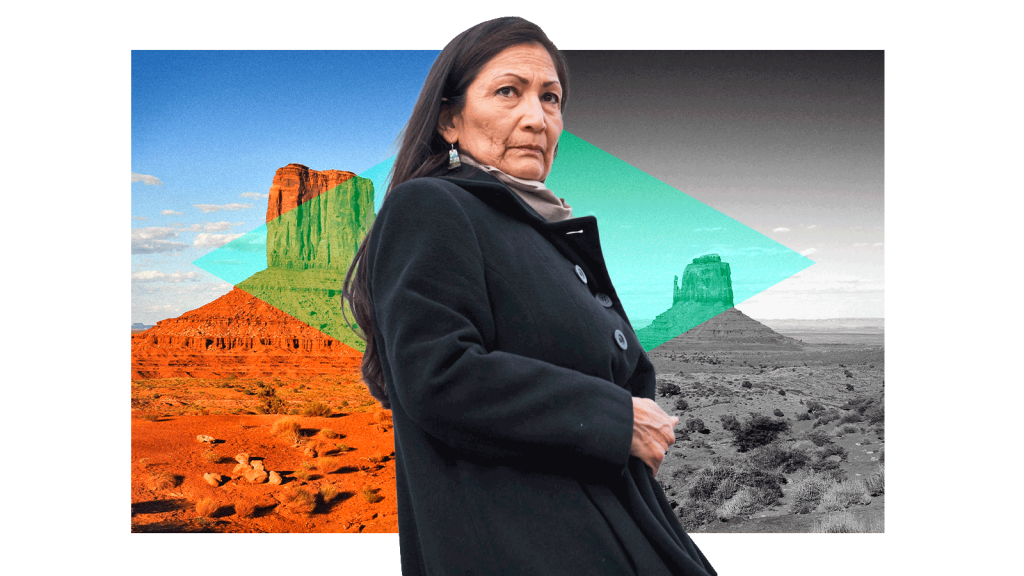It would be hard to find a more widely revered civil rights organization than the National Association for the Advancement of Colored People, or NAACP, which has campaigned for the “political, educational, social, and economic equality of rights of all persons” since its anti-lynching crusades more than a century ago. It’s little wonder, then, that major industrial interests take pains to portray themselves as allies of the group’s work.
Fossil fuel companies and utilities, in particular, want you to believe they’re helping people of color. To burnish this image, they may donate money to local NAACP chapters, which exist all over the country and can operate with relative autonomy. But the relationships have sometimes gone further than that. Over the past decade, state NAACP officials in Florida, Illinois, and California have positioned their chapters as opponents of renewable energy efforts, raising questions about their donors’ influence — and setting off alarm bells in the organization’s national office.
As a result, the national NAACP put out an April 2019 report listing the “top 10 manipulation tactics of the fossil fuel industry” and warning its chapters not to fall for them. The organization’s crusade to educate its chapters is ongoing: Earlier this month, it released a second edition of this report, which is titled “Fossil Fueled Foolery.”
In a press release, NAACP leaders argued that “the scales are ‘tipped’ and to beat wealthy corporations at their own game,” smaller chapters have to be aware of the ways that polluters deflect accountability for the effects of fossil fuel production and pollution on low-income communities of color. Prominent methods, the report says, include co-opting community leaders and organizations, praising “false solutions” like “clean coal” while claiming community-led solutions are impractical, and promoting false narratives about industry support for renewables.
The NAACP’s first report in 2019 came after a local Florida chapter began regurgitating utility companies’ talking points against the growth of residential solar energy in the state. The chapter had reportedly received $225,000 in donations from the utility Florida Power & Light. From 2013 to 2017, utility giants poured roughly $1 billion in donations into dozens of churches, nonprofits, and advocacy organizations across the country, at least five of which were local NAACP chapters. The donations often went to minority communities to try to obtain local support for pollution-heavy projects.
The new NAACP report explains that co-optation also often extends to utility companies funding and even creating fake community organizations, which create the “false impression that there is community support” for corporate-backed projects. In 2019, for example, the California utility SoCalGas created and funded the group “California for Balanced Energy Solutions,” which organized and lobbied against a city plan for clean energy in San Luis Obispo.
The NAACP says that fossil fuel companies use deceptive and subtle language reminiscent of former President Donald Trump when they present themselves as champions of “clean” energy choices, which discredits actual clean energy options and provides a false sense that they are alleviating the poverty and pollution faced by communities of color. In a country where roughly 70 percent of Black people live within 30 miles of a coal-fired power plant, fossil fuel use will continue to fuel “toxic pollution [that] harms tribal groups, communities of color, and low-income communities, and our earth,” according to the report.
In the same vein, the report cautions against fossil fuel companies that publicly support sustainable energy sources as a solution to communities’ environmental and economic struggles, because in private the companies often “fight for regulation to maintain their monopoly on the energy economy.” While that Florida utility company shelled out hundreds of thousands of dollars to the local NAACP chapter to have them fight the state’s push for solar energy, publicly the company had been accepting donations and campaigning for “community-based” solar projects for more than two decades.
The report also suggests 10 strategies to help communities counter these slick tactics, including local organizing, legal action, and pushing for campaign finance reform. Whatever it may take to stall these tactics, the NAACP has reached one conclusion for certain: “a new energy economy is the only real solution,” and speeding up the country’s shift away from oil, gas, and coal is imperative.
“We have tried various fossil fuel pathways and have met a ‘dead-end,’” the report says.



